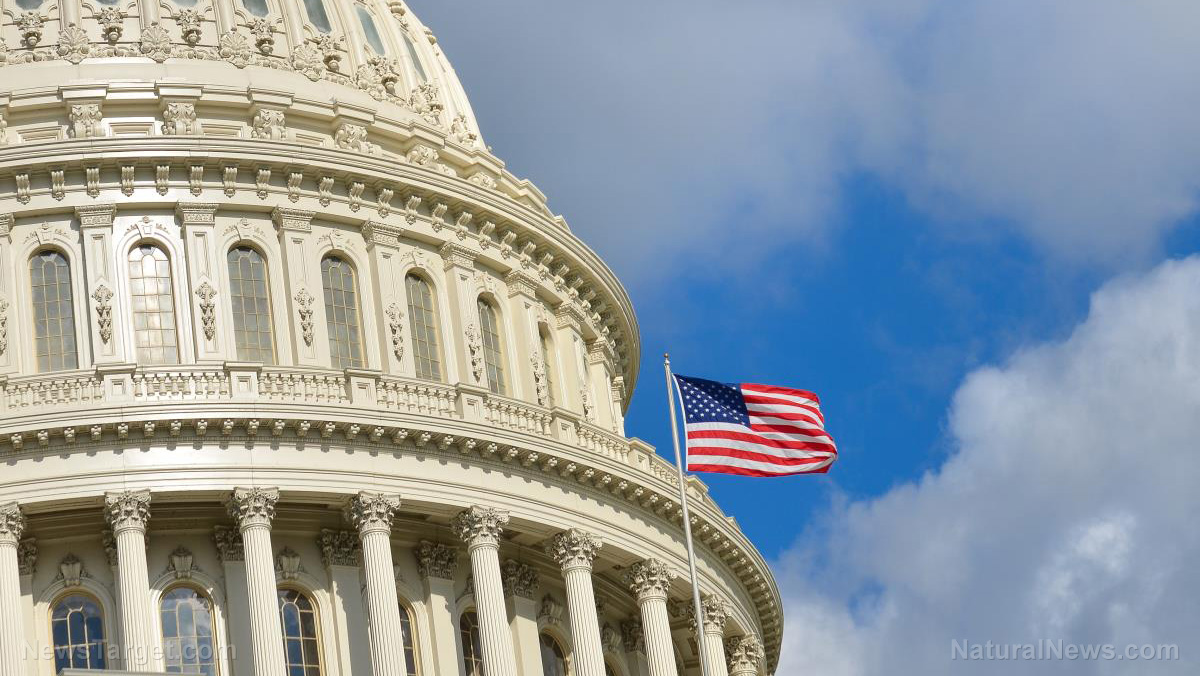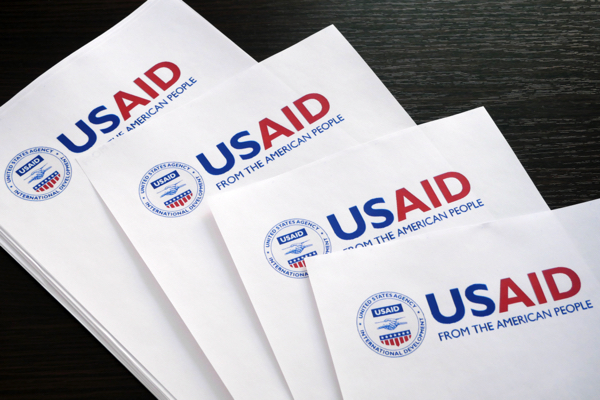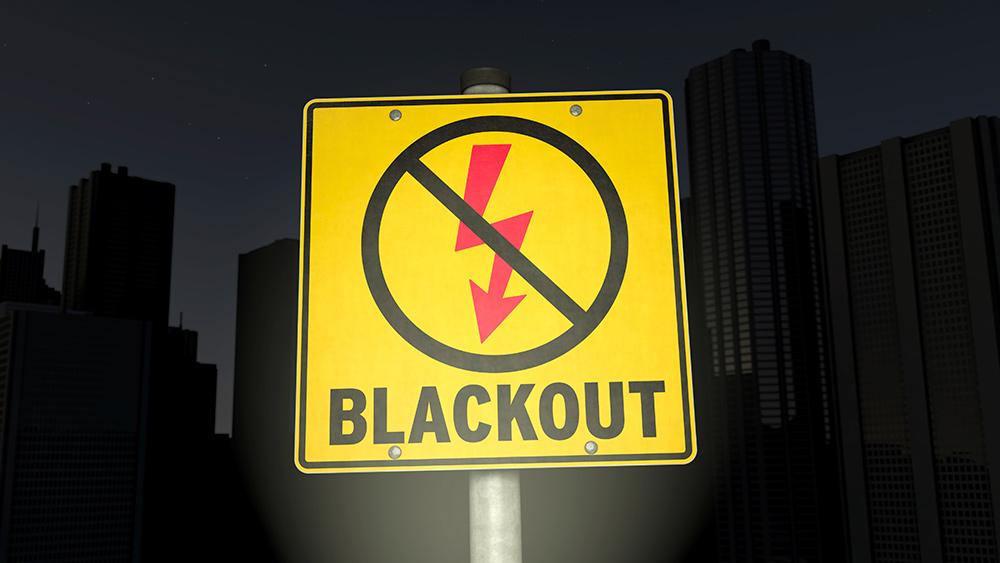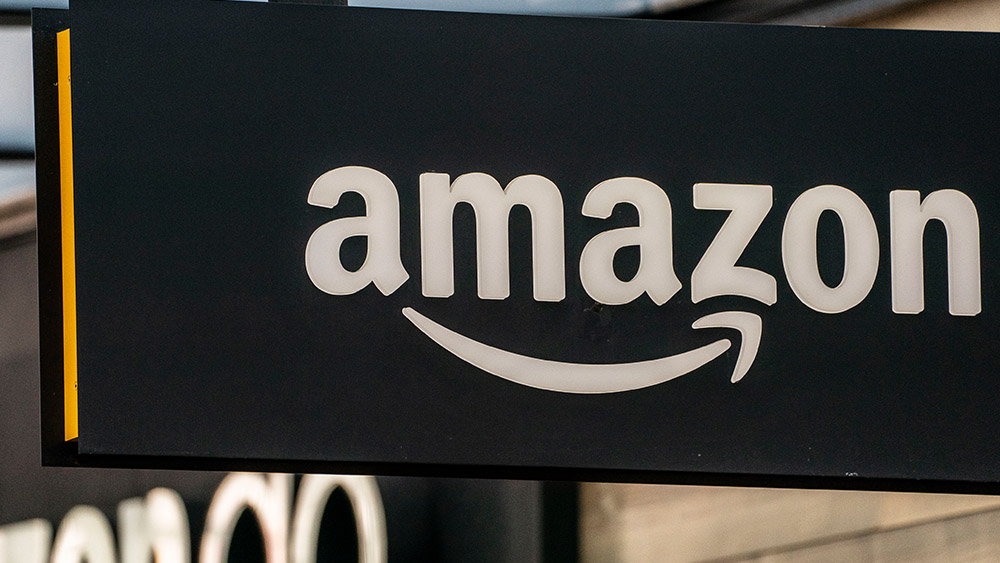Cassidy’s crucial vote paves way for RFK Jr. confirmation, but at what cost?
By isabelle // 2025-02-06
Tweet
Share
Copy
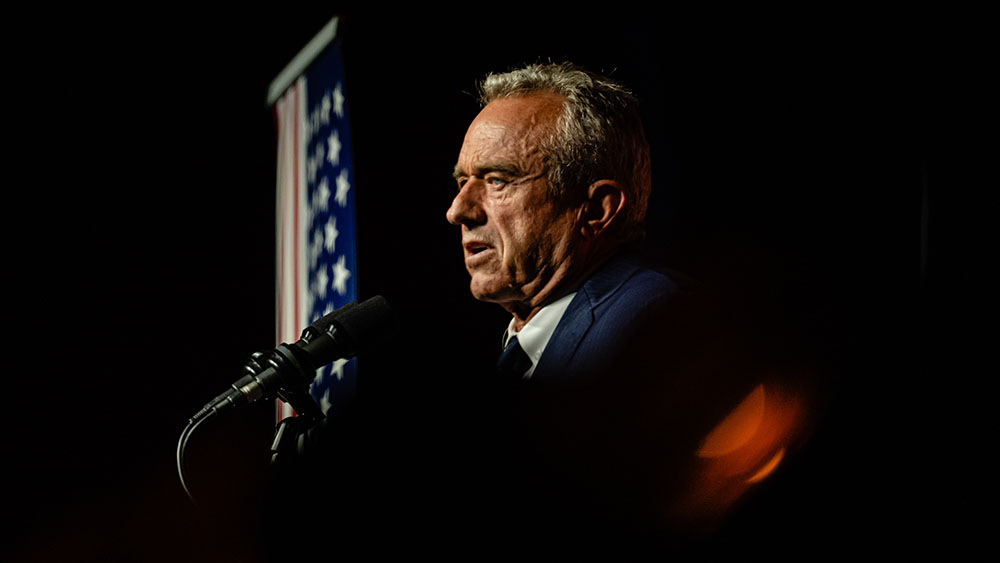
- Senator Bill Cassidy cast the decisive vote to advance Robert F. Kennedy Jr.’s nomination to lead HHS.
- Cassidy, a vaccine advocate, secured commitments from Kennedy to protect public health and work within established frameworks.
- Key assurances include regular meetings, maintaining vaccine safety systems, and quarterly appearances before the Senate HELP Committee.
- Cassidy’s decision reflects complex political pressure and public health concerns amid Big Pharma’s influence.
- The full Senate vote on Kennedy’s nomination will have significant implications for healthcare in America.
The conditions for support
Cassidy’s decision to back Kennedy was not made lightly. He secured several key assurances from Kennedy and the Trump administration, which he outlined on the Senate floor. These guarantees are designed to ensure that Kennedy will not dismantle the nation’s vaccine safety systems and will work within established frameworks. One of the most significant commitments is the promise of an "unprecedentedly close working relationship" between Cassidy and Kennedy. Kennedy has pledged to meet with Cassidy multiple times a month, ensuring that they can collaborate on health policies and address any concerns in real time. This level of access is seen as a safeguard against potential overreach by Kennedy. Kennedy has agreed to work within the current safety monitoring systems and not establish parallel systems. Additionally, the CDC’s Advisory Committee on Immunization Practices will continue to make recommendations without changes, and the CDC will maintain statements on its website emphasizing that vaccines do not cause autism. Kennedy has pledged to appear before the Senate Health, Education, Labor, and Pensions (HELP) Committee on a quarterly basis if requested. This ensures that Congress can provide ongoing oversight and hold Kennedy accountable for his actions. Furthermore, the HELP committee chair will have the authority to choose a representative for any board or commission formed to review vaccine safety. Kennedy must also provide a 30-day notice to the committee if the agency seeks to make changes to any federal vaccine safety monitoring programs, allowing for thorough review and potential intervention.The political and public health implications
Cassidy’s decision reflects the complex interplay of political pressure and public health concerns. Despite his reservations, Cassidy was swayed by the promises of transparency and collaboration, as well as the potential to restore trust in public health institutions. The influence of Big Pharma in Washington, D.C., remains a contentious issue. The pharmaceutical industry’s lobbying efforts and financial contributions to political campaigns have created a system that prioritizes profits over public health. Cassidy’s support for Kennedy, despite his concerns, highlights the need for greater scrutiny and reform in how health policies are shaped and implemented. The Senate’s full vote on Kennedy’s nomination is expected in the coming days, and the outcome will have far-reaching implications for the future of healthcare in America. Although Kennedy may end up with the power to make some very positive changes when it comes to Americans' health and diets, one can only hope he won't have to make too many concessions to gain this influence. Sources for this article include: X.com TheHill.com Politico.com ABCNews.go.com Reuters.comTweet
Share
Copy
Tagged Under:
vaccines big government health freedom Medical Tyranny HHS RFK Jr vaccine wars Bill Cassidy
You Might Also Like
RFK Jr. confirmed as HHS Secretary: A milestone for health freedom advocates
By Finn Heartley // Share
Washington: An empire of grift
By News Editors // Share
Ex-USAID director exposes deep-rooted corruption and waste
By News Editors // Share
The mighty guava: A superfruit of tropical delights and health benefits
By Zoey Sky // Share
India Prime Minster wants to develop AI that is without BIAS
By Lance D Johnson // Share
Recent News
Earth-like soil patterns on Mars reveal clues to the planet’s climate history
By willowt // Share
Virologist who endorsed HCQ for COVID-19 appointed to top pandemic post at HHS
By ramontomeydw // Share


